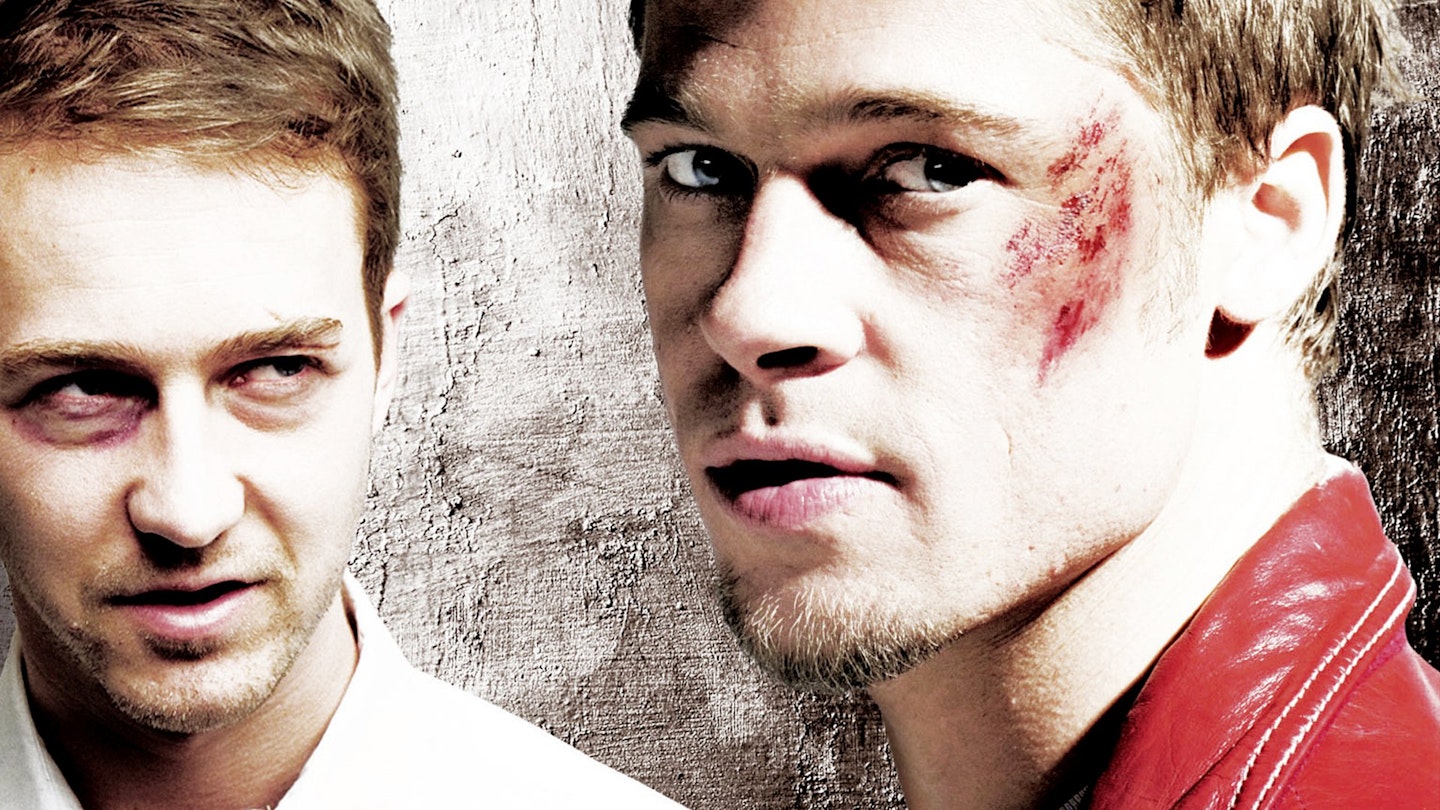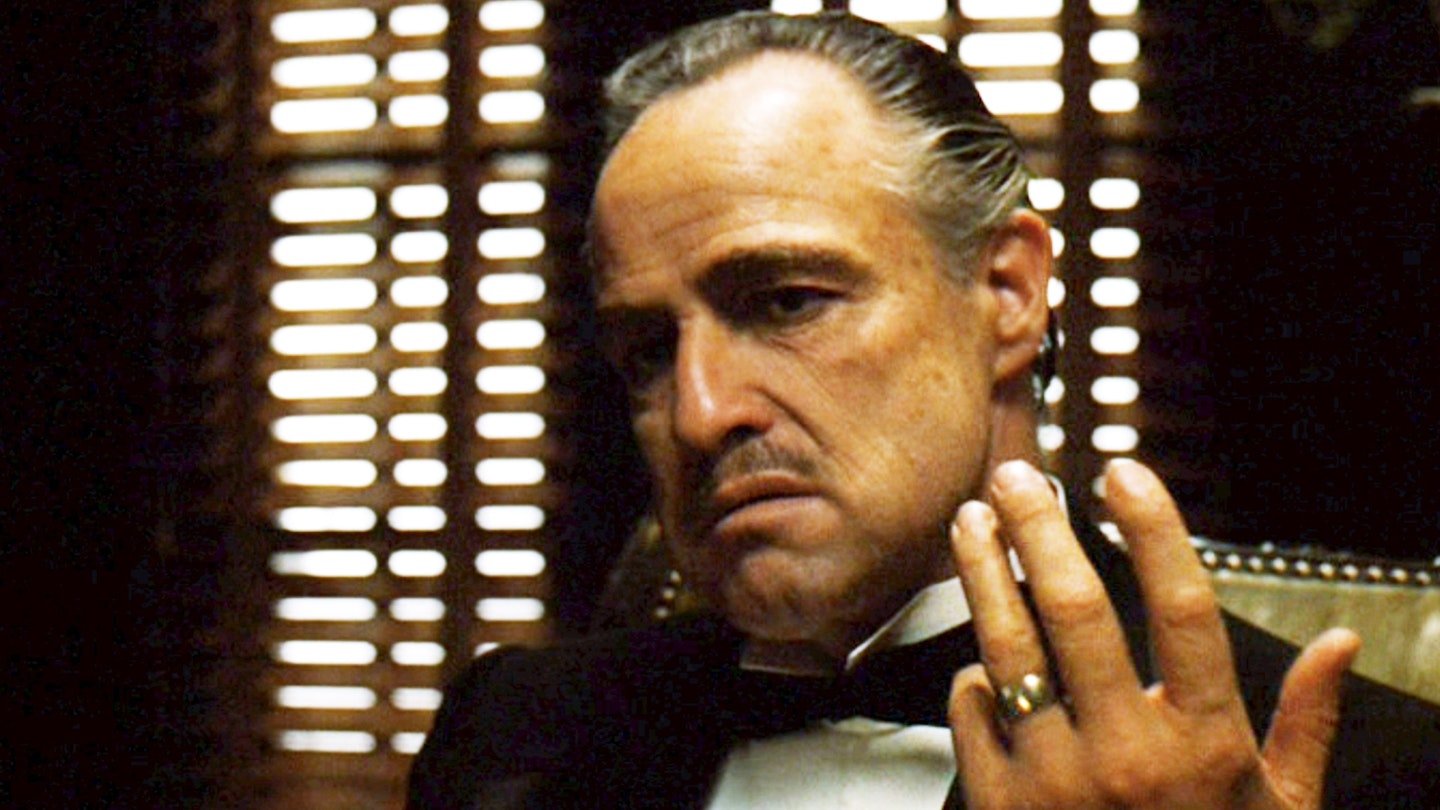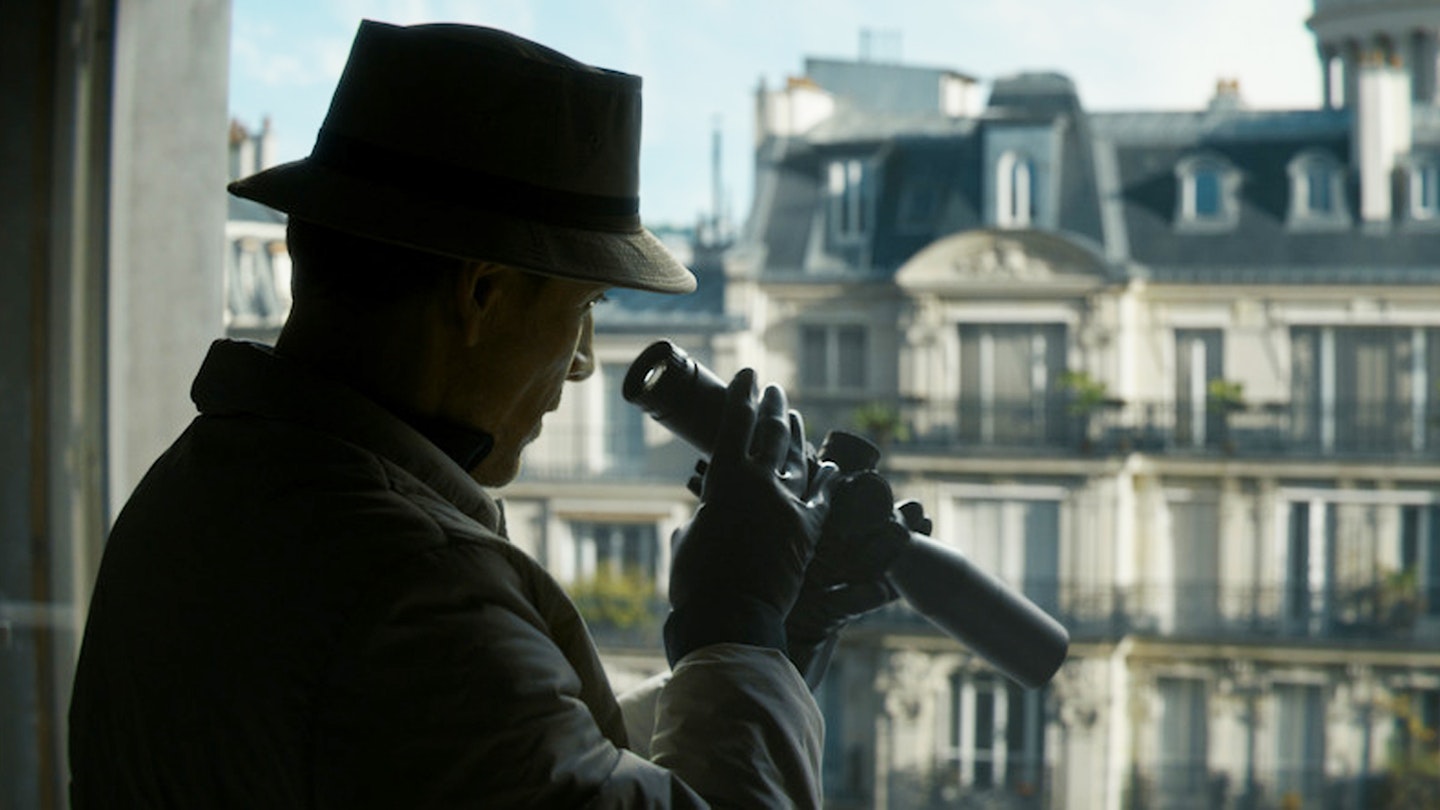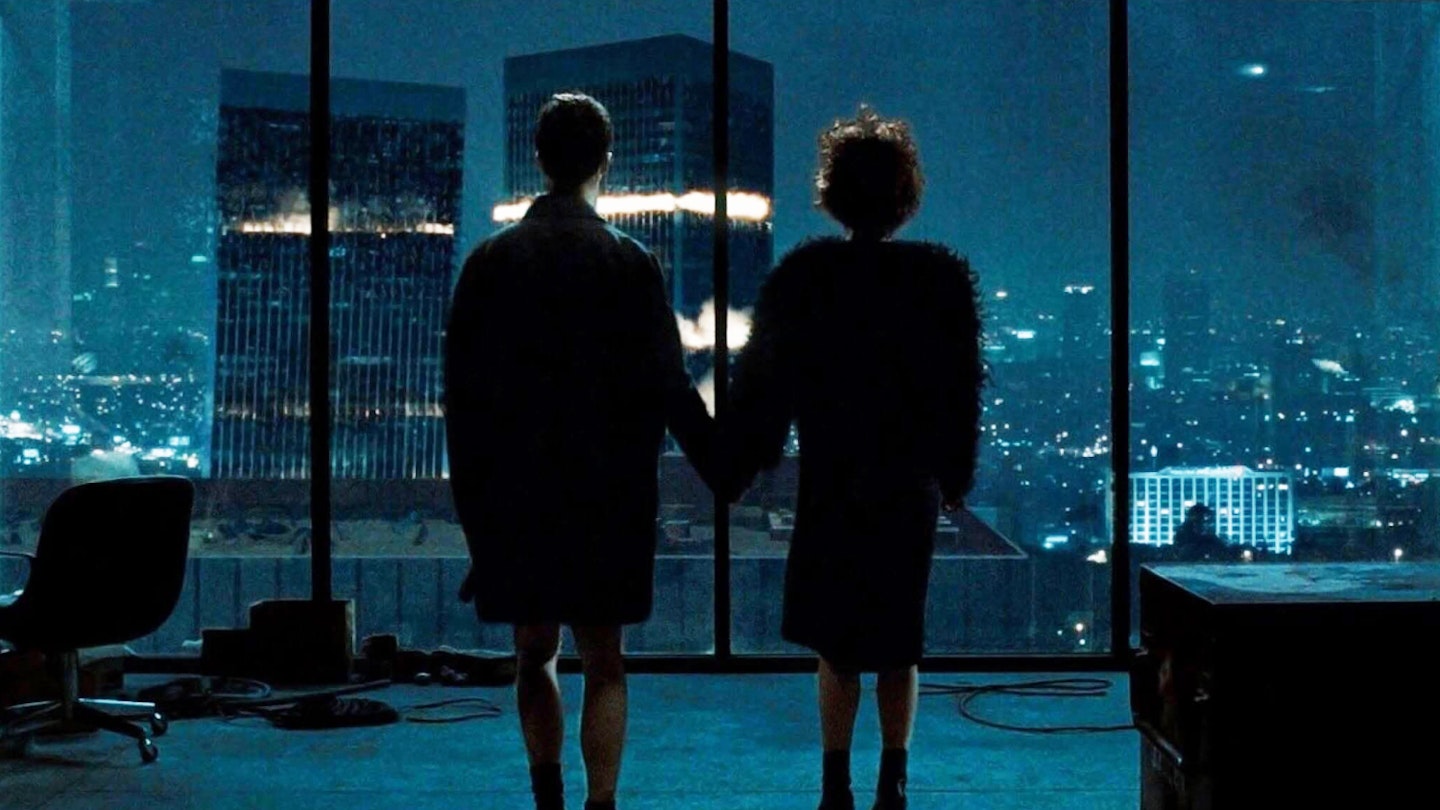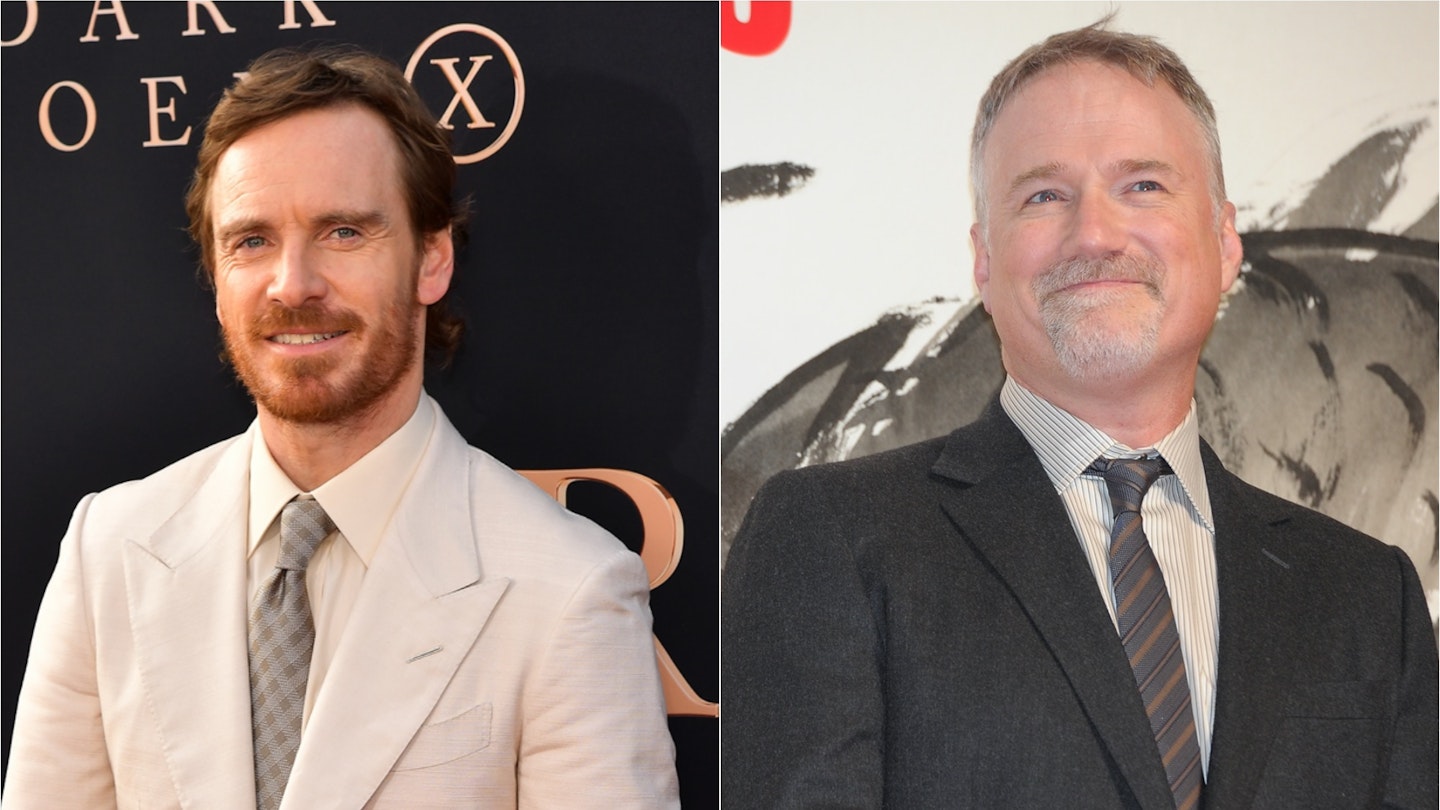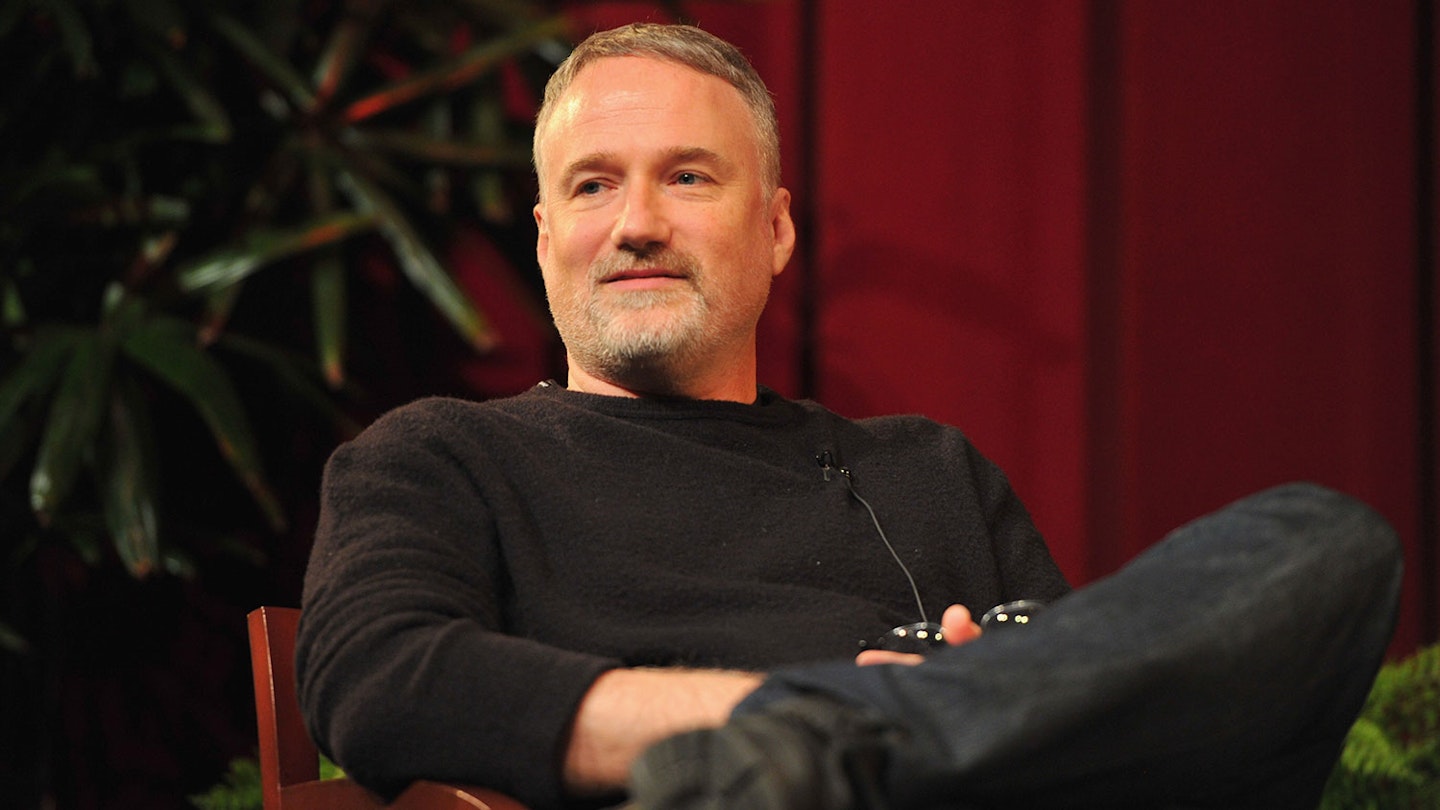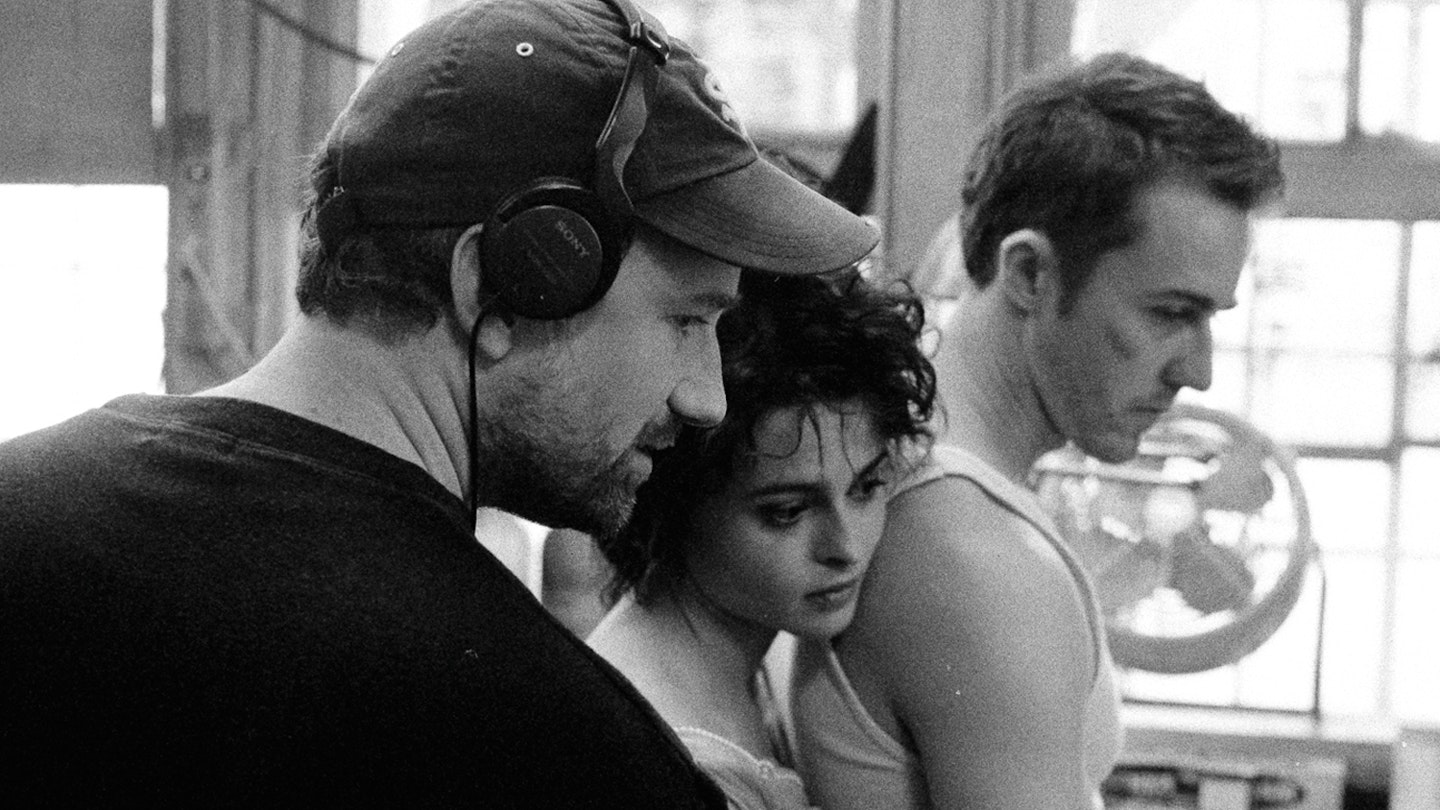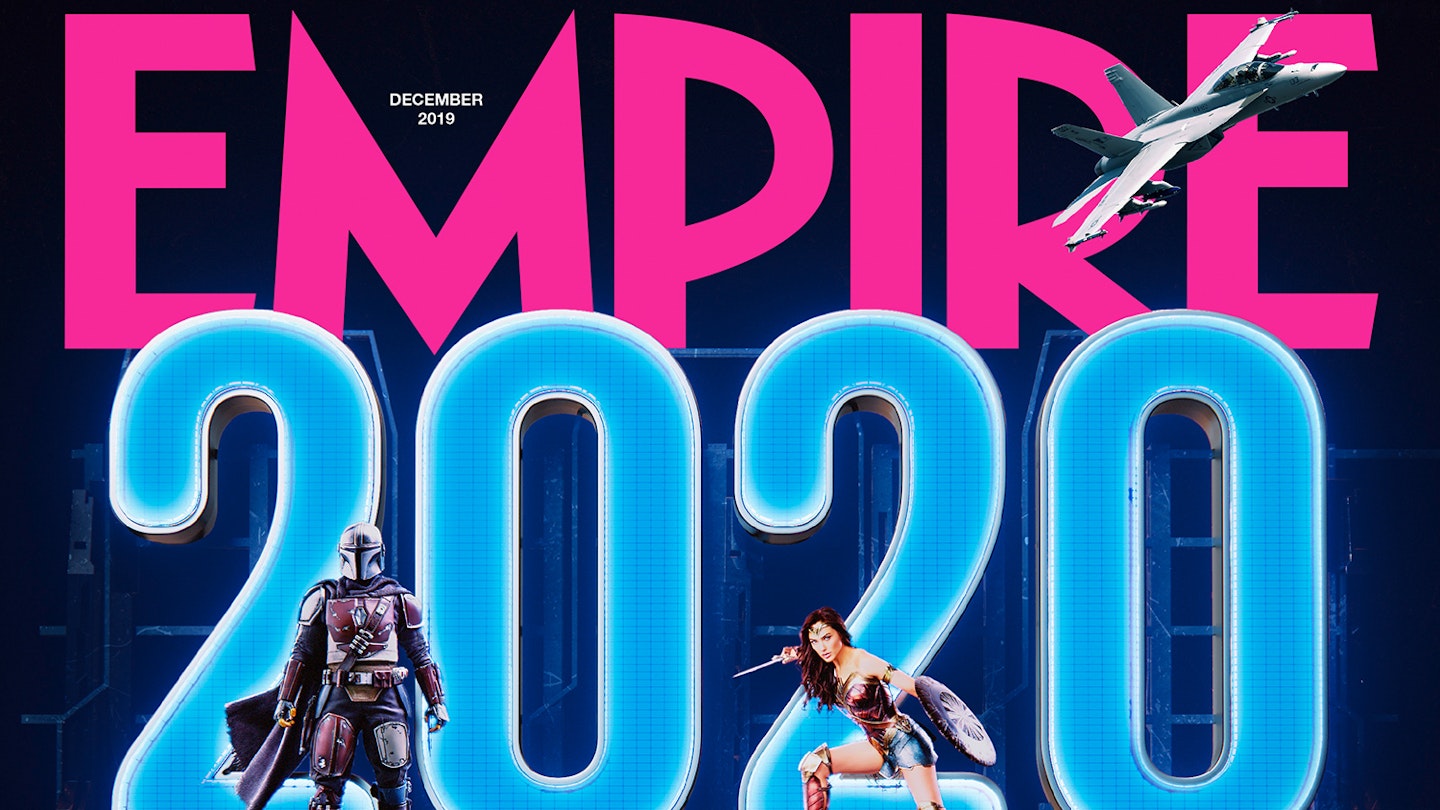Surfing a boiling wave of utterly predictable tabloid controversy, This Monstrous Movie (® Daily Mail) seems to be 1999's Crash/NBK/Reservoir Dogs, a film so devastatingly toxic that its very existence is not only responsible for every post-kebab scuffle, but the soaring divorce rate, teenage alcoholism and the terminal inadequacy of frozen pizza.
In fact, though definitely not one for the kiddiewinks, Fincher's film is a molasses-black comedy shot through with his blistering, hyper-kinetic style, a score that punches you in the chest, and standout performances from Pitt and Norton. And sadly, it's afflicted with one flaw that just ejects it from the masterpiece category.
Our narrator, 'Jack' (Norton), is a directionless everybloke who, when not weathering humiliating chewings-out at work, exists as an inadequate nighthawk, trying to cure his chronic insomnia by fixing on the synthetic sympathy of assorted nocturnal self-help groups. Solace is finally found with his head enveloped in a sobbing Meatloaf's pendulous 'bitch tits', while attending a support group for men with testicular cancer (told you this was black). The symbolism couldn't be clearer - if Jack isn't actually ball-less, he might as well be.
Something obviously has to give, and it does when Jack meets Tyler Durden (Pitt) on the plane home from a business trip. He arrives back at his apartment to find it in ruins - having mysteriously exploded in a fiery Armageddon of Ikea - so he calls Tyler, who invites him to crash round his place. And then invites him to punch him in the kisser. Which he does, and soon they're scrapping like squaddies in the car park, and enjoying it - the simple act of mano-a-mano rucking reminding Jack not only that he's alive, but that he's a he.
The craze spreads, and fight clubs start springing up all over the country with Tyler as their charismatic leader. But Tyler has a hidden agenda, and before Jack knows it, he's extending his organisation's activities into surreal random acts of anti-capitalist terrorism - the highly secret Project Mayhem. Starbucks coffee houses are razed. Corporate art is demolished. And rich, vain women have their own liposuctioned lard sold back to them as classy soap.
There are so many ways to read Fight Club that it's almost impossible to know where to start. Is it a fascistic call to action for a generation of dickless wonders? A homoerotic love story in which Jack is reintroduced to his nads before being carried off in Tyler's pneumatic arms? A satire on modern feminism's cartoonish views of what men are like, or...? Well, have a go yourself. It's half the fun.
The other half is Fincher's scorching style. From an opening title sequence that out-Sevens Seven's, he presents a maelstrom of celluloid sorcery. Flash cuts, subliminal images, fake cue dots, jumping film... it's a howling monster of a movie that virtually sticks its ravening snout out of the screen and bites you.
Norton is as fine as ever, but Pitt is the standout, lending Tyler a beguiling sense of glamour and danger, while the fights themselves - vicious brawls accompanied by the sound of cracking bones - herald the movie's most subversive image: men's blood-drenched, caved-in heads sporting huge, almost post-coital, smiles.
But then it starts to go awry. From the moment Project Mayhem is instituted, some of the sly blackness leaks out, and after a slew of implausibilities in the last half hour - including a twist out of the bottom of a cornflakes packet - it degenerates into an entertaining but vacuous comedy. Finally, having lost the courage of its gleefully nasty convictions, it concludes with a tiny burp of a bad gag. In the end, Fincher's brilliant film is, ironically, short in the cojones department - and if he wants to argue about it, we'd be happy to. Outside.
